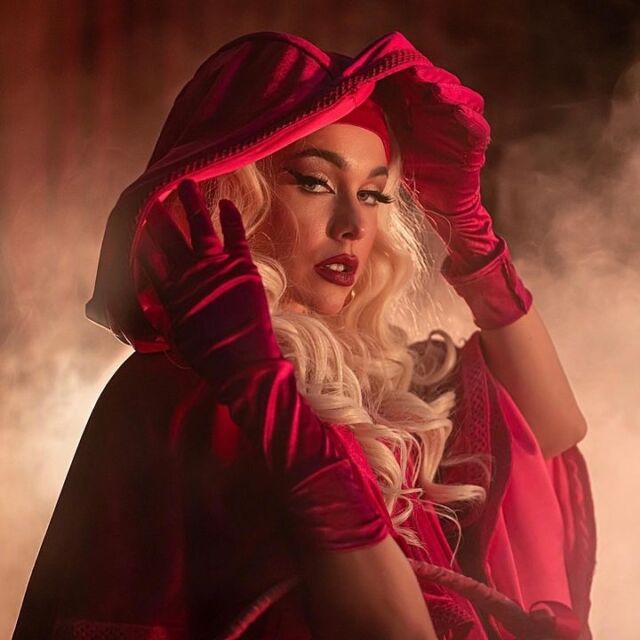The weekend after a jury found O.J. Simpson not guilty of murder, the comedian Norm Macdonald opened Weekend Update on “Saturday Night Live” at his desk next to a photo of the defendant. “Well, it is finally official,” he said. “Murder is legal in the state of California.”
The 1995 trial of Simpson, who died Wednesday at 76, didn’t just dominate and revolutionize the media. It also became an unlikely staple of comedy. The details of the killings of Nicole Brown Simpson and Ronald L. Goldman were daily fodder for punchlines on talk shows, sitcoms and stand-up stages. And Macdonald cemented his status as one of the finest comedians of his generation thanks to a fixation on what turned into one of the largest comedy genres of the 1990s: the O.J. joke.
In his 1996 breakthrough special, “Bring the Pain,” Chris Rock’s button-pushing analysis of the dynamics of the O.J. Simpson case helped change the course of his career. He argued that fame is what saved Simpson. “If O.J. drove a bus, he wouldn’t even be O.J.,” he said. “He’d be Orenthal, the bus-driving murderer.”
The O.J. joke was so pervasive in the 1990s that not telling one could make you stand out. In the week after Simpson’s arrest, Howard Stern went on “Late Show With David Letterman” during the most heated era of the late-night wars and asked the host why he was avoiding the subject. “I’ll tell you my problem with the situation,” Letterman responded. “Double homicides don’t crack me up the way they used to.”
Letterman eventually did tell some jokes about the trial, including a Top 10 list of things that will get you kicked off the jury (No. 1: “Keep frisking yourself.”). But his caution was in sharp contrast to Jay Leno, who went all in on O.J. jokes on the “Tonight Show.” A study that tracked his monologues revealed that Leno told more punchlines about Simpson than about any other celebrity, edging out Michael Jackson and Martha Stewart. In one running bit, he imagined the trial judge, Lance Ito, and the lead prosecutor, Marcia Clark, as members of a Broadway chorus line. In an even more perversely glib parody, Leno recast the murder trial as a sitcom using the theme song from “Gilligan’s Island” and portraying Simpson as the lovable title character. Was this sketch turning real-life tragedy into diverting entertainment or parodying it? Watching it now makes the difference seem pointless.
Such jokes paid off. Leno’s audience grew, and this period became a turning point in late night. “The Tonight Show” passed “Late Show” in ratings for the first time in July 1995, in the middle of the trial.
Whereas Leno joked about the Simpson case the same way he would about any other scandal, Macdonald brought a sharp-edged conviction to his O.J. jokes, a jackhammer perspective that hinged on the blunt insistence that the football star did it. Even a premise about Dr. Seuss reissuing books would lead to a punchline about a book titled “Green Eggs and Ham and O.J. Is Guilty.” You can hear unease in the crowd during some of these jokes. One of his best was booed. He told it after Simpson got emotional during the trial at seeing bloody photos of his ex-wife. The punchline: “It was at that moment that he realized he would never be able to kill her again.”
The NBC executive Don Ohlmeyer, a friend of Simpson, had Macdonald fired in 1998 in what was widely viewed as payback for O.J. jokes.
While pundits regularly bemoan touchy sensitivities that supposedly prevent comics from joking about anything anymore, regularly making light of brutal murders for a national audience would have once been unthinkable. Just as the O.J. Simpson trial changed how the media covered scandals, so too did it shift the line of what was acceptable to poke fun at on television.
The driving force in this change was an audience that wanted to laugh at grim, unfunny subjects. With the decline of gatekeepers online, that has become only more obvious. O.J. jokes dominated my social media feeds after his death. And while the idea of “too soon” is not obsolete, it seemed quaintly refreshing when the CNN anchor Jake Tapper ended an interview Thursday with Conan O’Brien by asking if he had any O.J. jokes — and O’Brien replied that he never told jokes about someone the day they died. Tapper responded, “OK, I’ll hit you up tomorrow.”
Source link






![Growing up learning Indian Classical Music, I’ve developed a deep appreciation for diverse musical genres, and techno is definitely one that has captured my interest. Got inspired to write this track by blending the beautiful melodies of Hindustani classical, particularly Raag Bhairav, with the beats of techno. Excited to share this fusion with you all!
Music by @miladzki
Check it out and vibe with me! 🎶✨
[ techno, newmusic, fusion, indianclassicalmusic, techno, music, kakisinger ]](https://talentsofworld.com/wp-content/uploads/wp-social-ninja/instagram/9xm.tv/18327743320185528_full.jpg)
![Listen to this Version of Dil Kho Gaya
Original Song From the Movie Dil.
Anand-Milind, Udit Narayan, Anuradha Paudwal sung this song
Music by Anand-Milind
Hope you guys like this Rendition of the Classic Song by Kaki Singer.
Like, Share & Comment.
[ Dil, Dil kho Gaya, old songs, Classic Bollywood, old song covers, retro songs, indian old songs, old hindi songs, melodies, kaki singer, Indian singers ]](https://talentsofworld.com/wp-content/uploads/wp-social-ninja/instagram/9xm.tv/17999564600299237_full.jpg)
























































